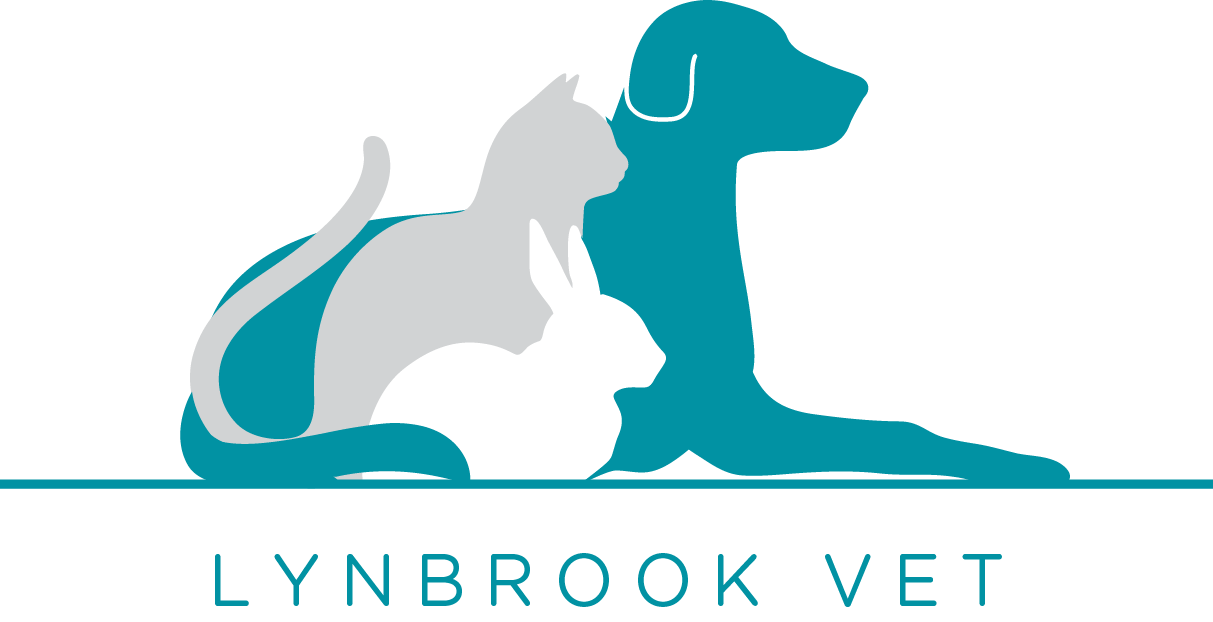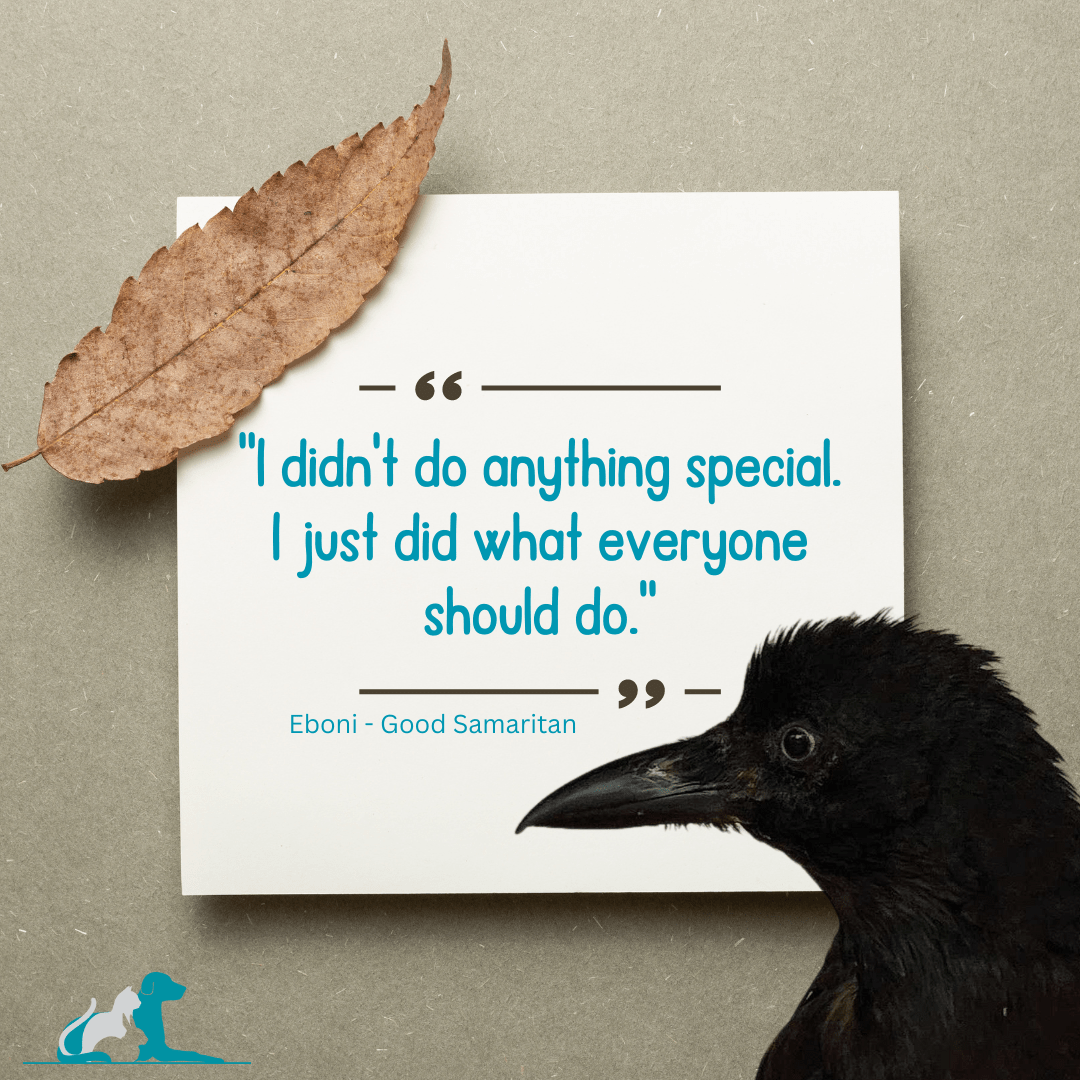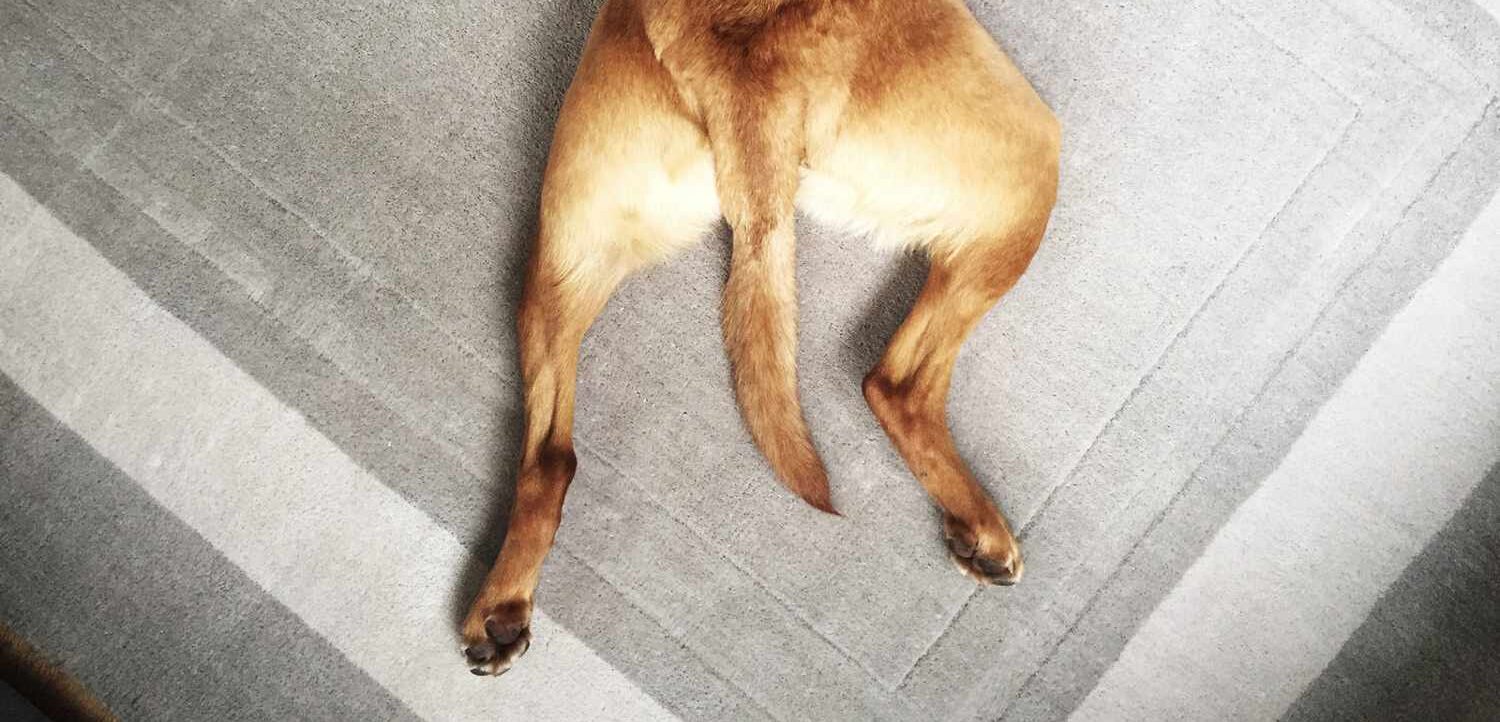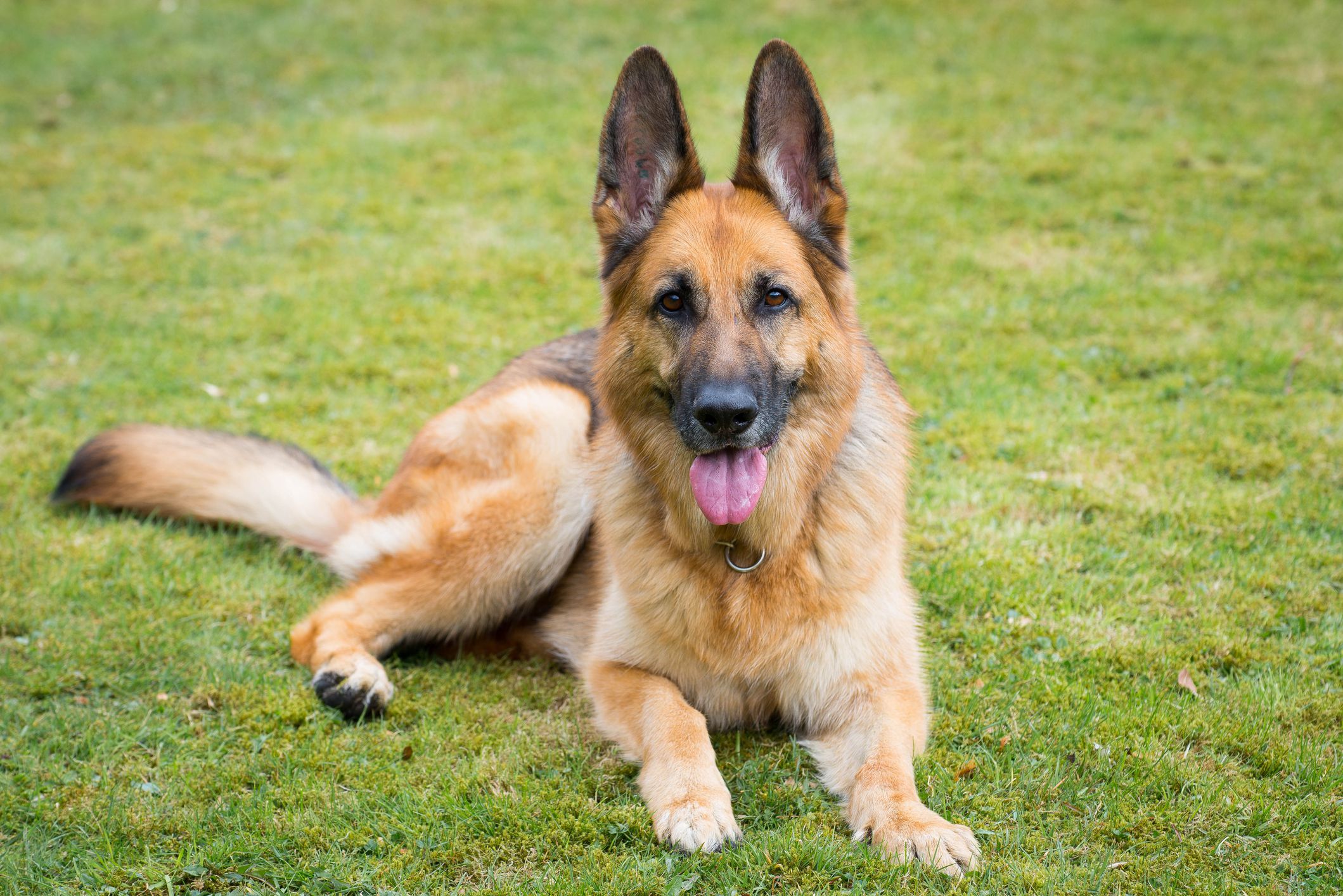Wildlife Treatment
Here at Lynbrook Vet we are passionate about the care and treatment of our native wildlife.
Did you know wildlife is always welcome here at Lynbrook Vet and at no cost to you?
If you find wildlife that needs help, please don’t hesitate to contact our team and ask for advice. We support a number of local wildlife carers who raise and rehabilitate sick, injured and orphaned native animals but the first point of call for any injured wildlife should be the veterinary clinic.
At a vet clinic, wildlife is triaged and treatment begins. If an animal is able to be rehabilitated, it is then passed along to an experienced and registered wildlife carer where they continue their care until the animal is able to be released back into the wild where they belong.
The care and treatment of wildlife is very different to that of dogs and cats. Wildlife require specific foods, housing, milk formulas and medicine as well as quiet places to rest and recover.
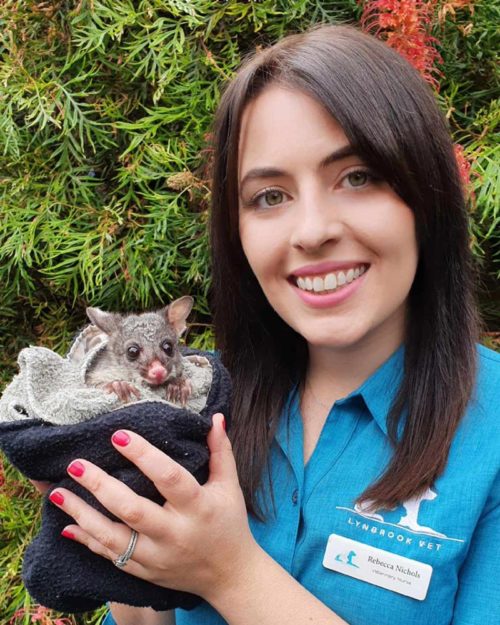
What can you do to help our native wildlife?
- Do not feed wildlife human food and do not force them to drink water.
- Keep your cat indoors!
- Found an animal needing help?
- Make a wildlife kit for your car!
- Donate!

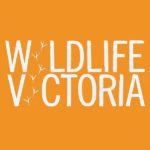
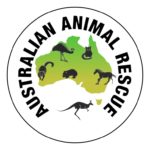
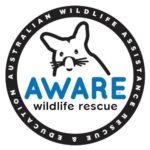
Wildlife Stories
March 2024 – A good Samaritan and a Raven.
Earlier this month we received a phone call from a girl who had seen a Raven walking into walls at the Lynbrook Shopping Centre car park. Dazed and confused with its eyes glued shut, the Raven was in grave danger and needed help. With assistance from a local shop who loaned her a box, Eboni caught the injured Raven and as she was unable to drive, she called an Uber and got the bird to our Lynbrook Vet practice. What an incredible thing to do! I mean wow!
Upon assessment the Raven was found to have its eyes, nostrils and some of its feathers completely covered in a sticky chemical. We dare say this cheeky bird had gotten into some rubbish, coating itself in the gluey residue. Using a gentle saline gauze to wipe the bird, the residue began to come off and the Raven’s eyes opened wide. It was like a switch was flicked as it’s behaviour completely changed and it was rearing to go!!
Before leaving, our team offered Eboni a ride back, but she insisted on arranging another Uber so we could continue caring for animals in need. When we thanked her for her efforts, her response left us humbled and inspired:
Eboni’s humility and kindness resonated deeply with our team. We are immensely grateful to her for her selfless efforts in rescuing this bird. Her quick thinking and compassionate actions undoubtedly saved the Raven’s life. Despite the feather damage caused by the chemical, the Raven is currently recuperating at Wild Days Wildlife Shelter, where it is thriving and nearing release.
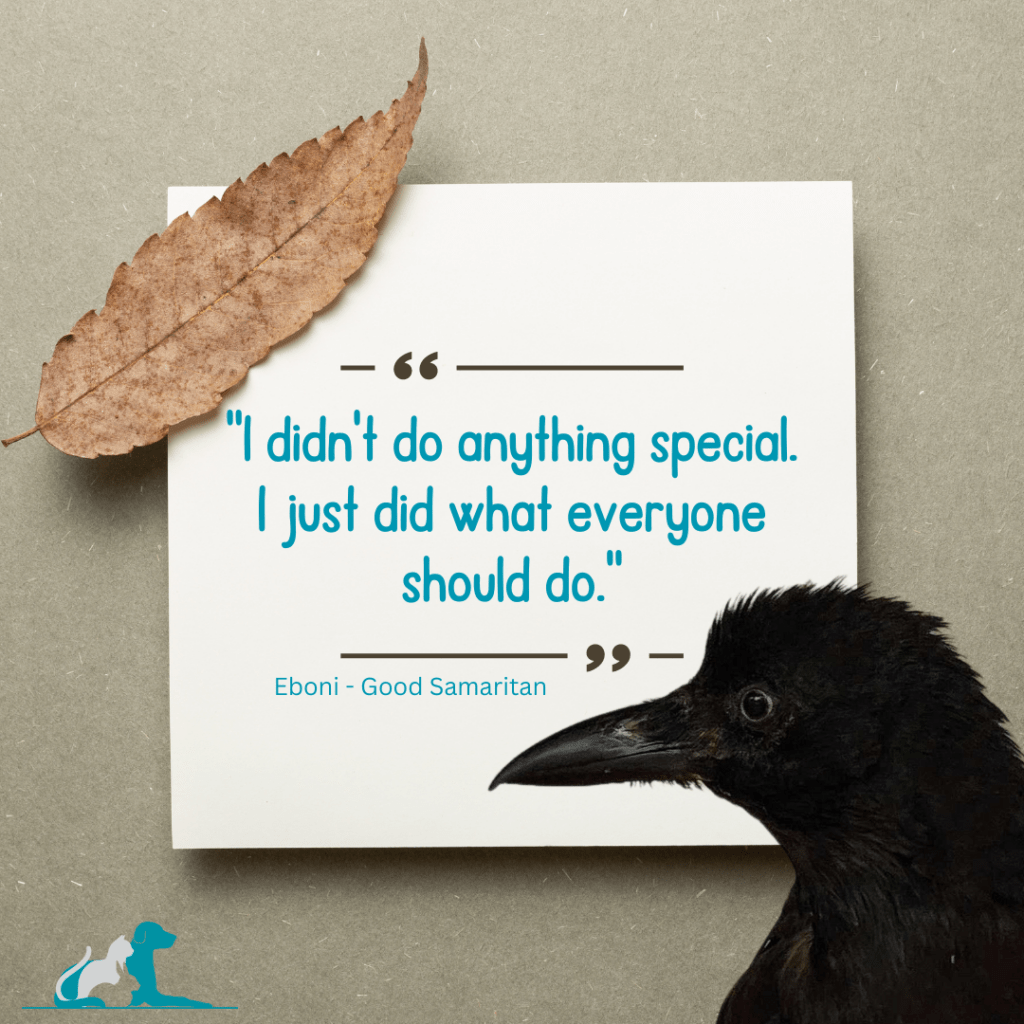
February 2024 – Avian Botulism on the rise again!
Every year in the Lynbrook community we come across birds suffering the effects of Botulism. This year has been no different.
Avian botulism is a paralytic disease that affects wild and captive bird populations, most commonly waterbirds such as ducks, swans, ibis, geese and pelicans.
Botulism is caused by the ingestion of a neurotoxin produced by the bacterium Clostridium botulinum (C. botulinum) which thrives in warm conditions, and shallow and stagnant waterways. Birds affected by botulism are often found in locations near a water source such as wetlands and man-made lakes. This may include parklands and homes within a short flying distance of these waterbodies.
Waterbirds may be unable to keep their head up and out of water resulting in drowning. Other birds may exhibit a dragging of one or both wings, an inability to walk or fly, or poor posture while standing.
This leads to progressive muscular weakness and respiratory arrest if left untreated, and ultimately fatality. But we CAN help!
If you see a bird on the ground displaying any of the above signs please call it in! Or, better yet, bring it straight to our practice for immediate treatment and care.
Click here for more information about Avian Botulism put together by Wildlife Victoria.

July 2021 – Toto the Wallaby
March 2021 – Botulism and our native, aquatic birds
Here in Lynbrook, we get a number of wild birds present paralysed. Most of these birds are aquatic species such as the Australian White Ibis and native Ducks.
Due to the stagnant, man-made waterways and changing weather, bacteria begins to bloom in the lakes and our scavenger birds then feed from this dirty water. Sadly, these birds become sick from a toxin produced by the bacteria and they fall victim to a condition called Botulism.
Botulism can be life threatening if not treated straight away. The toxin circulates through the bird’s body, rendering them unable to fly leaving them as sitting ducks (sorry about the pun!) on the ground for predators such as cats to attack. If they’re lucky enough to not be eaten by a predator, they soon face an even worse fate as they suffer from weather and starvation. It is a slow, painful and lonely death.
But there is a solution!
In March we were alerted of an Australian White Ibis that was not flying away from people in our local park. A lovely member of the public brought the Ibis in to our clinic to be examined by our team. The bird was barely able to stand and was struggling to keep its head up.
The Ibis was diagnosed with botulism and we began treatment straight away. Treatment includes pumping the bird’s stomach with fluid and diluting the toxins. It can be a messy and smelly process!
After the first few treatments, the bird began to show some signs of improvement but it was not out of the woods yet! We contacted the amazing Kay at Wild Days Wildlife Shelter for assistance and she took the Ibis into care.
After a week in care, the Ibis was back to it’s happy, healthy self once again and was able to be released back home! Watch the video:
